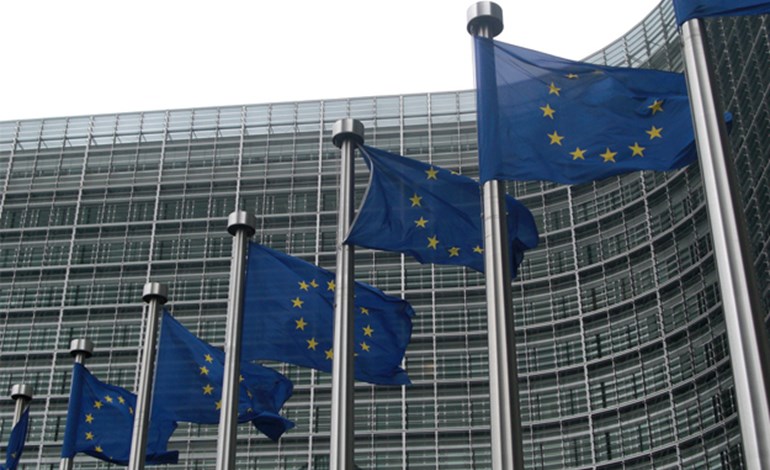The European Commission has recommended ending a revenue cap on renewable energy producers, many of which have claimed has acted as a barrier to new wind and solar investments. In a report on the review of emergency interventions to address high energy prices submitted to the Council on 5 June, the European Commission found that the temporary, emergency measures introduced for the energy market at the end of last year – electricity demand reduction measures, infra-marginal revenue cap, and retail price setting rules – contributed to a calming of the European energy markets. The report also concludes that as the EU electricity market supply and prices have now changed considerably from the record high levels last year, a prolongation of these emergency measures does not seem necessary or advisable at the current time.
The Commission confirmed that it will not propose a prolongation of these crisis measures. At the same time, the report recalls that certain aspects of these rules have been included among the longer-term structural adjustments in the electricity market design proposals tabled by the Commission in March. The report notes that electricity prices have now decreased to less than €80/MWh and gas prices have not only fallen but also stabilised, to the extent that the electricity price spikes observed throughout 2022 are considered “less probable to occur in the upcoming winter”. With respect to the electricity demand reduction measures, each EU country implemented measures to reduce electricity demand, such as through awareness-raising campaigns and targeted energy-saving measures. The implementation of the inframarginal revenue cap varied greatly across EU countries – both in terms of the level of the cap and the time scope. The report notes that the increased stability in gas and electricity markets means prices have steadily fallen below the revenue cap level. The report also highlights that 12 out of 25 EU countries took advantage of the possibility to widen the scope of retail price regulation in times of crisis to SMEs and apply price regulation below costs under certain conditions.
Credits: renews.biz [Image: Sebastian Bertrand]




